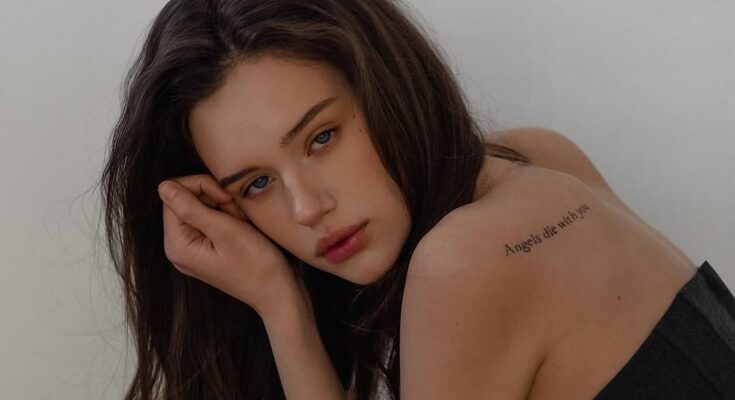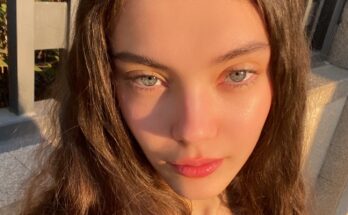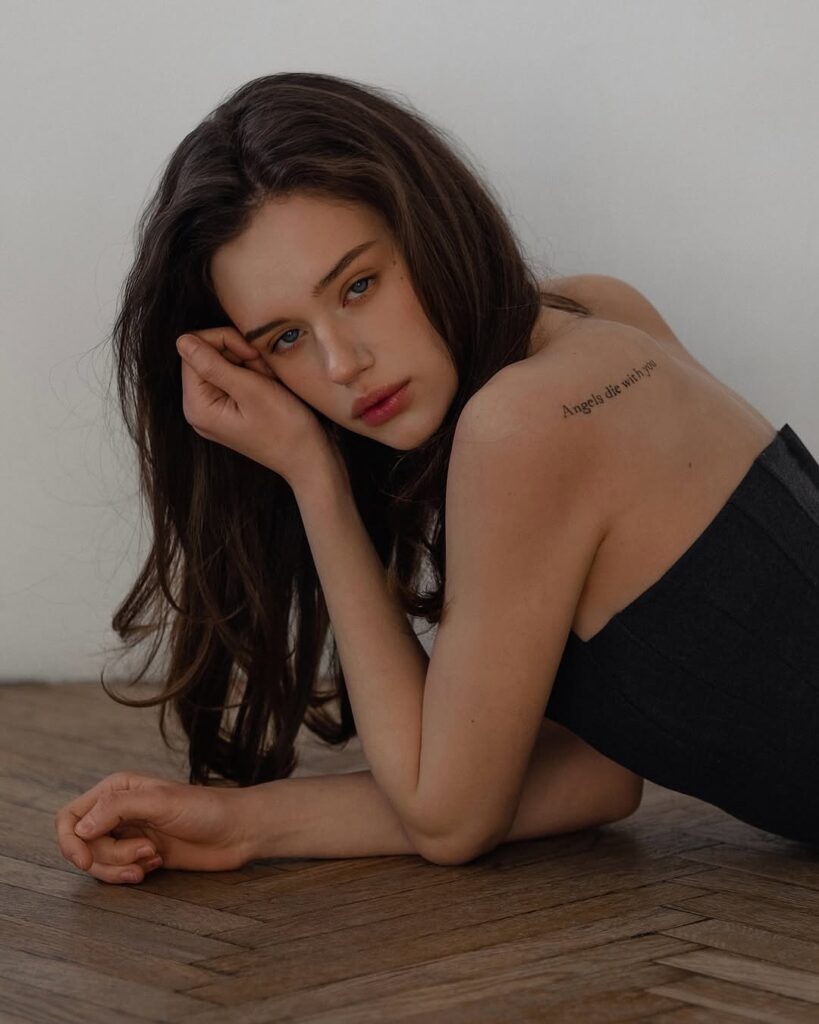
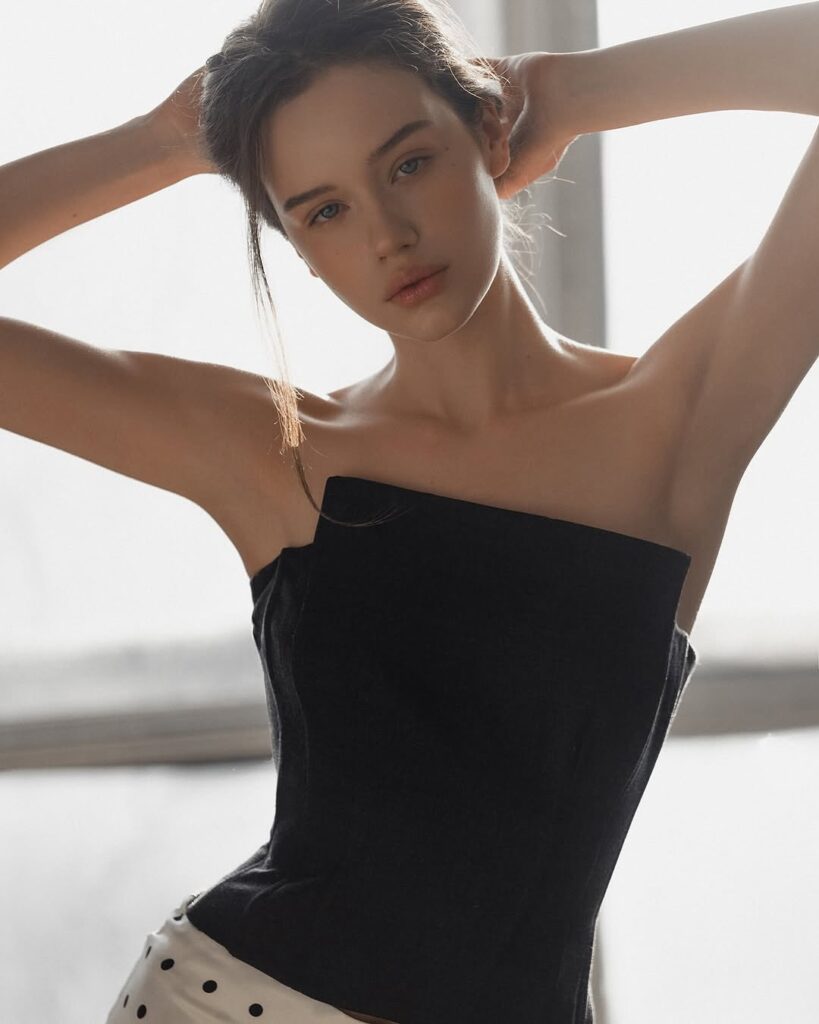
In Oscar Wilde’s The Picture of Dorian Gray, one of the most compelling statements is the assertion that we are complex beings, capable of far more wisdom than we often give ourselves credit for, while simultaneously remaining blissfully ignorant of the very things we desire to understand. Wilde’s line, “You are a wonderful creation. You know more than you think you know, just as you know less than you want to know,” speaks to the paradox of human nature, exploring our capacity for insight, the limitations of our understanding, and the delicate balance between the two.
The Complexity of Human Nature
The human experience is inherently paradoxical. We constantly wrestle with our understanding of ourselves and the world around us, and Wilde’s words capture this tension beautifully. To say that we are “wonderful creations” acknowledges the remarkable complexity of the human being. Every individual is a unique synthesis of intellect, emotion, experience, and potential. Each of us carries within us the seeds of greatness, even if we don’t always recognize it.
When Wilde tells us, “You know more than you think you know,” he’s reminding us of our hidden reservoirs of wisdom and intuition. This could be seen as a reflection on the unconscious mind or the depth of knowledge we carry with us, even if we don’t always have access to it in our waking state. Sometimes, we possess insights we’re not consciously aware of — learned from experience, from our environment, from the relationships and challenges that have shaped us.
In many ways, it speaks to the inherent strength within all of us. Whether it’s an instinctive understanding of people, a profound emotional intelligence, or the quiet wisdom that comes from experience, there’s more to us than we often acknowledge. Many of us downplay our abilities or underestimate our understanding, but Wilde encourages us to recognize that we have a vast storehouse of knowledge, even if we don’t always see it clearly.

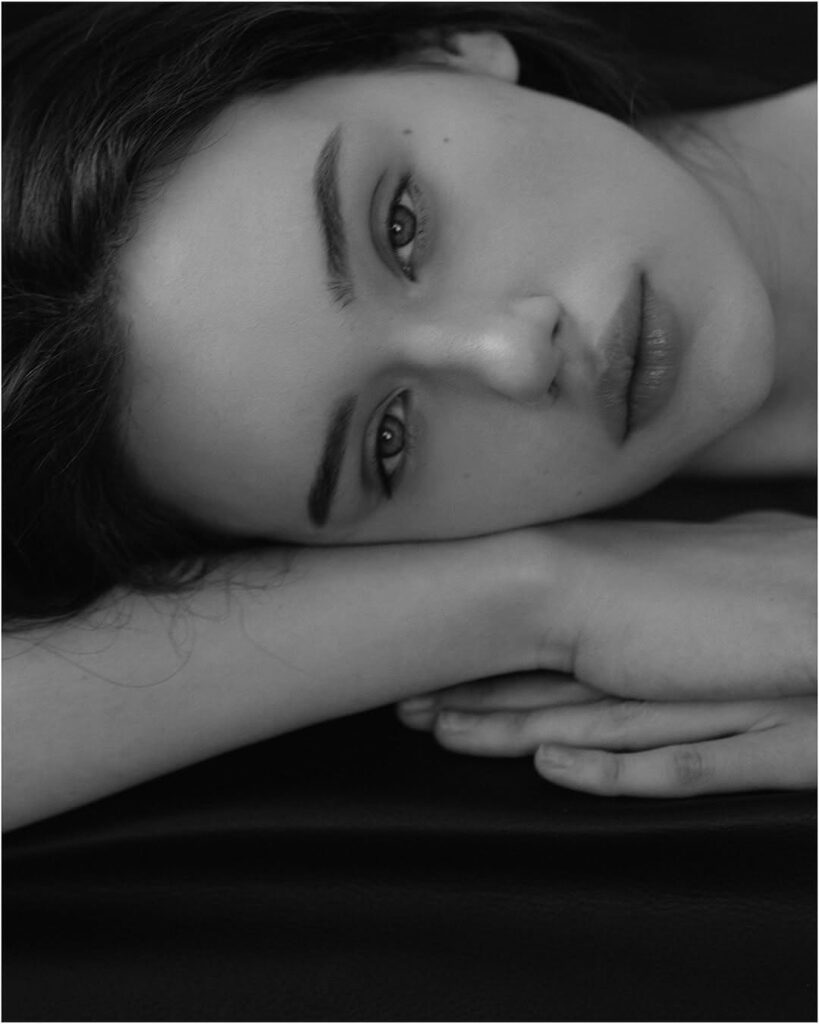
The Limits of Our Knowledge
Yet, Wilde’s quote is not solely a celebration of our hidden depths; it also addresses the limits of human understanding. “You know less than you want to know” is a humbling acknowledgment of the inherent mysteries of life, the universe, and our own selves. The more we learn, the more we realize there’s still so much left to discover. It’s a paradox that drives human curiosity and is central to our desire to explore, learn, and grow.
There’s an inherent tension between what we think we know and what we truly understand. We may be confident in our understanding of certain things, only to discover later that our knowledge was limited or flawed. In The Picture of Dorian Gray, Dorian himself is a character who embodies this tension. On the surface, he possesses beauty, youth, and charm — qualities that he believes will define his life and give him happiness. Yet, as the novel progresses, he is forced to confront the deeper realities of his actions and the consequences of his choices. Dorian’s vanity and superficial understanding of life leave him blind to the moral decay around him, revealing that the more we know, the more we realize how little we truly understand.
This tension also exists on a more existential level. We yearn to understand the mysteries of the universe — the meaning of life, the nature of existence, the reason for suffering, the path to true happiness. The pursuit of knowledge is endless. Even with the vast advancements in science, philosophy, and culture, there will always be questions that elude our grasp. As Wilde so elegantly states, we often know less than we want to know, and that very desire for deeper knowledge can be both a blessing and a curse.
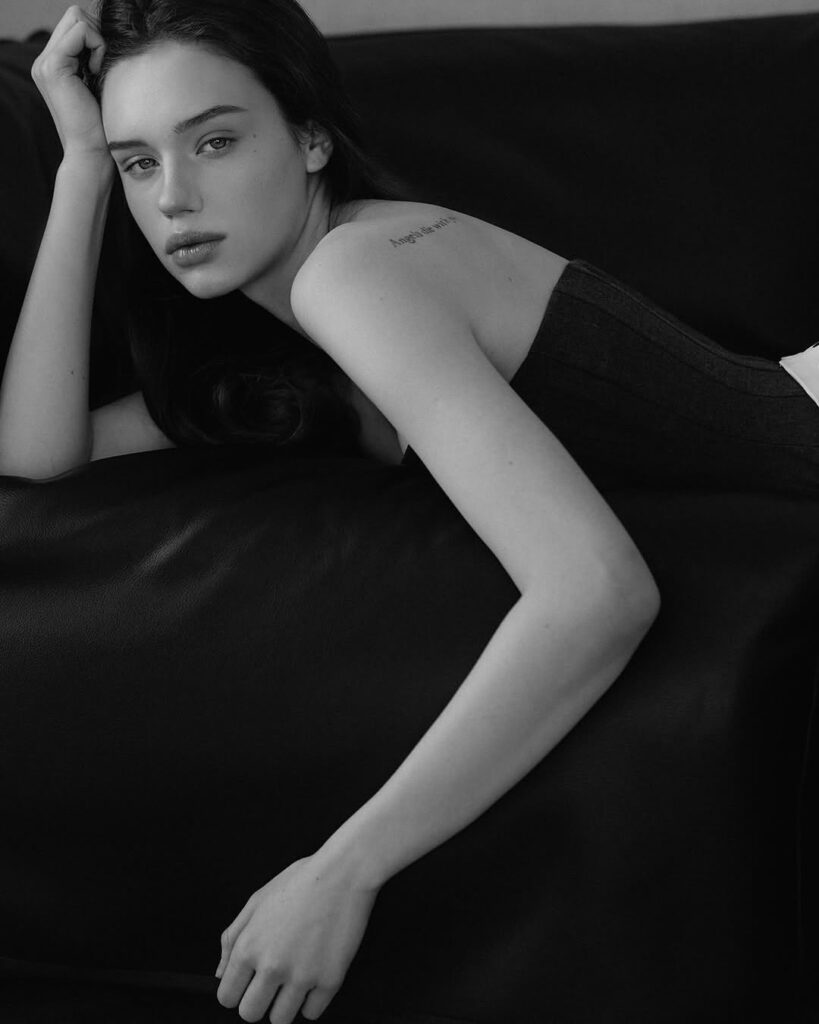
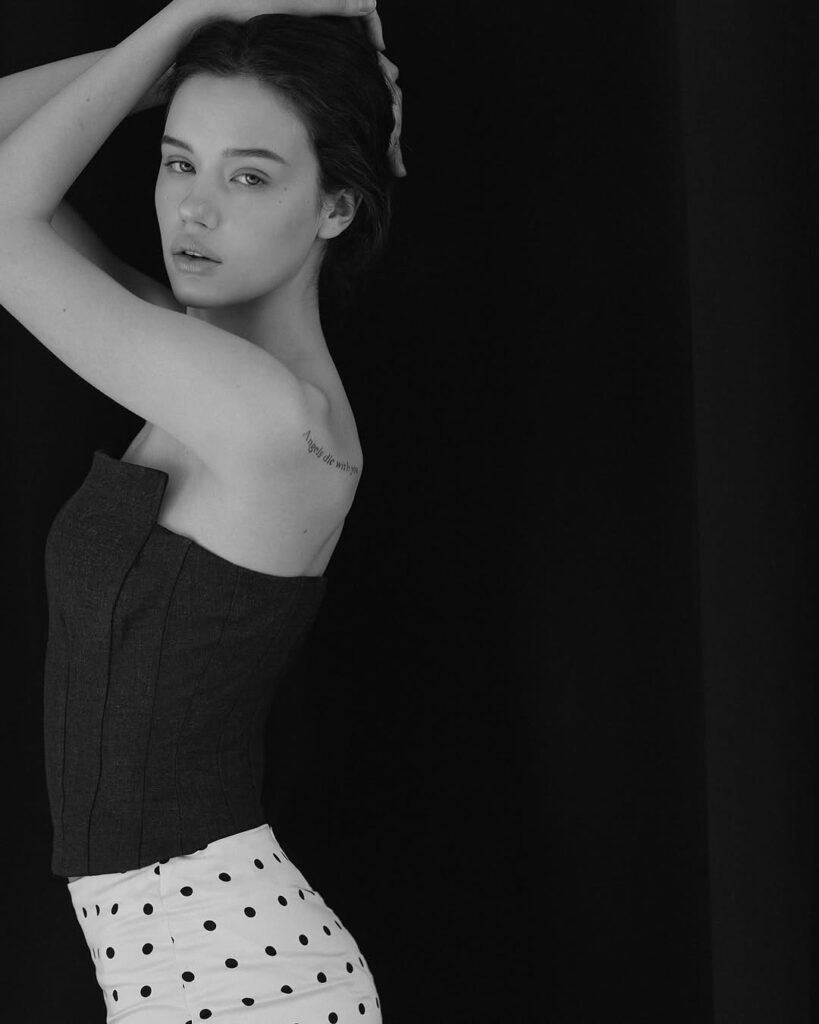
The Balance Between Knowledge and Ignorance
Wilde’s quote also hints at the delicate balance between knowledge and ignorance that defines the human experience. While ignorance may seem like a state of deficiency, there is a certain freedom in not knowing everything. It’s the unknown that fuels our curiosity and drives us forward in our quest for self-discovery. Too much knowledge, or too much awareness of our limitations, can be paralyzing. The desire for understanding may leave us trapped in an endless cycle of questioning, never reaching the peace of certainty.
At the same time, Wilde’s reminder that we know more than we think we know challenges the conventional notion that knowledge is something to be earned or acquired. In many cases, wisdom is not about accumulating facts but about tapping into the deeper, intuitive understanding that lies within us all. Sometimes, the most important knowledge isn’t external but internal — it’s the ability to trust ourselves, to listen to our instincts, and to recognize that we hold the power to shape our own lives.
Wilde, in his own way, grapples with this duality throughout The Picture of Dorian Gray. The novel presents a world where appearances are deceiving, and the pursuit of beauty and pleasure comes at the cost of one’s moral compass. Dorian’s increasing disconnection from his true self is a result of his inability to reconcile the fire of passion and desire with the grounding force of understanding and self-awareness.
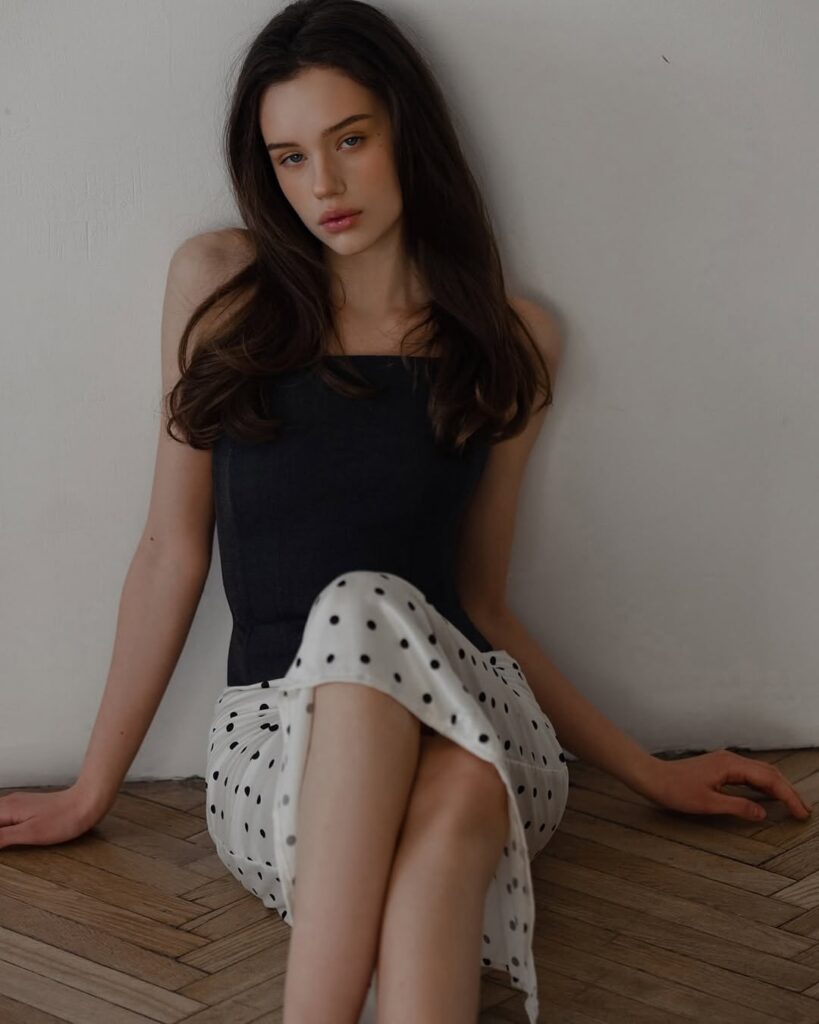
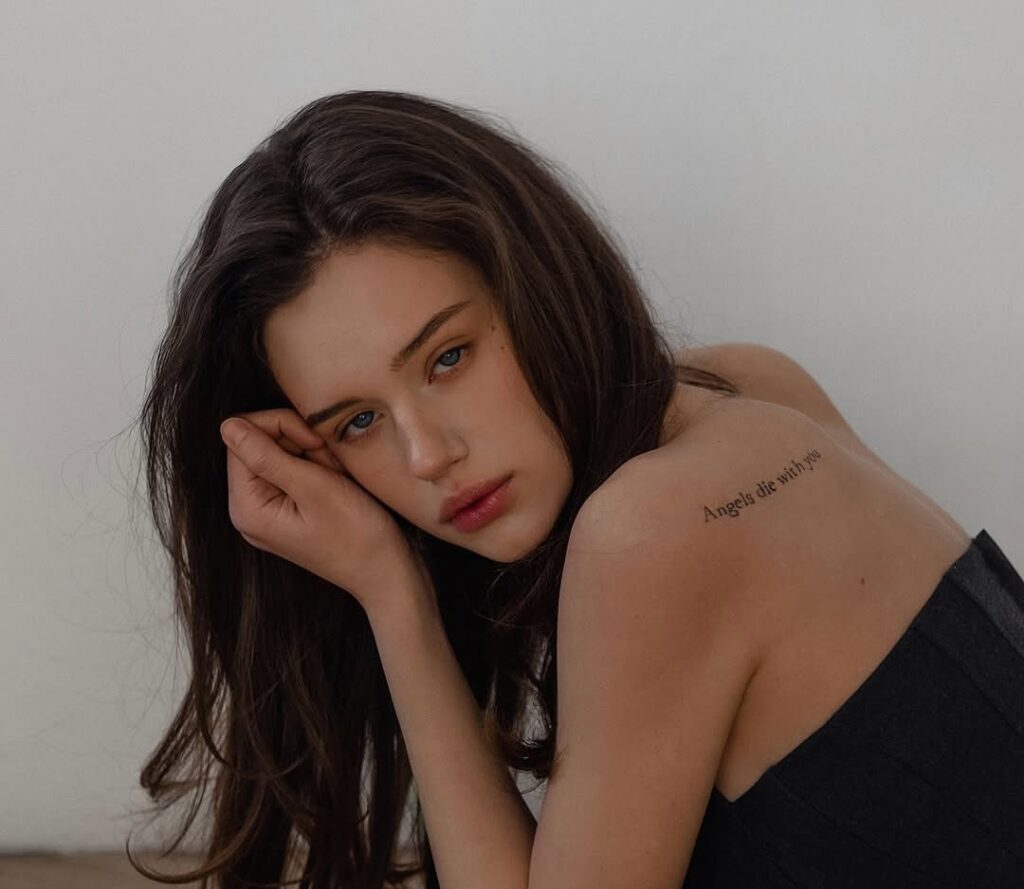
Self-Reflection and Personal Growth
Ultimately, Wilde’s quote encourages us to reflect on our own personal journeys. How often do we underestimate ourselves, thinking we lack the knowledge or wisdom to make meaningful decisions? How often do we shy away from the unknown because it feels overwhelming, choosing instead to remain comfortable in the limited knowledge we already possess? Wilde suggests that we may already have the answers within us, waiting to be acknowledged and embraced.
But he also cautions us to be aware of our limitations. The desire for knowledge is a noble pursuit, but it must be tempered by humility. The more we learn, the more we must confront the things we don’t yet understand. Life, much like Wilde’s quote, is a constant dance between knowing and not knowing, between certainty and uncertainty.
Conclusion
“You are a wonderful creation. You know more than you think you know, just as you know less than you want to know.” Oscar Wilde’s words serve as a profound reminder of the complexities of human nature. We are beings of great potential, capable of wisdom and insight beyond our conscious awareness, yet simultaneously humbled by the vastness of what we don’t know. Embracing this duality — recognizing our inherent strength and our limitations — is a powerful step toward personal growth and self-discovery. In the end, the beauty of life lies in the balance between knowing and seeking, between the certainty of what we’ve learned and the mystery of what remains to be understood.
